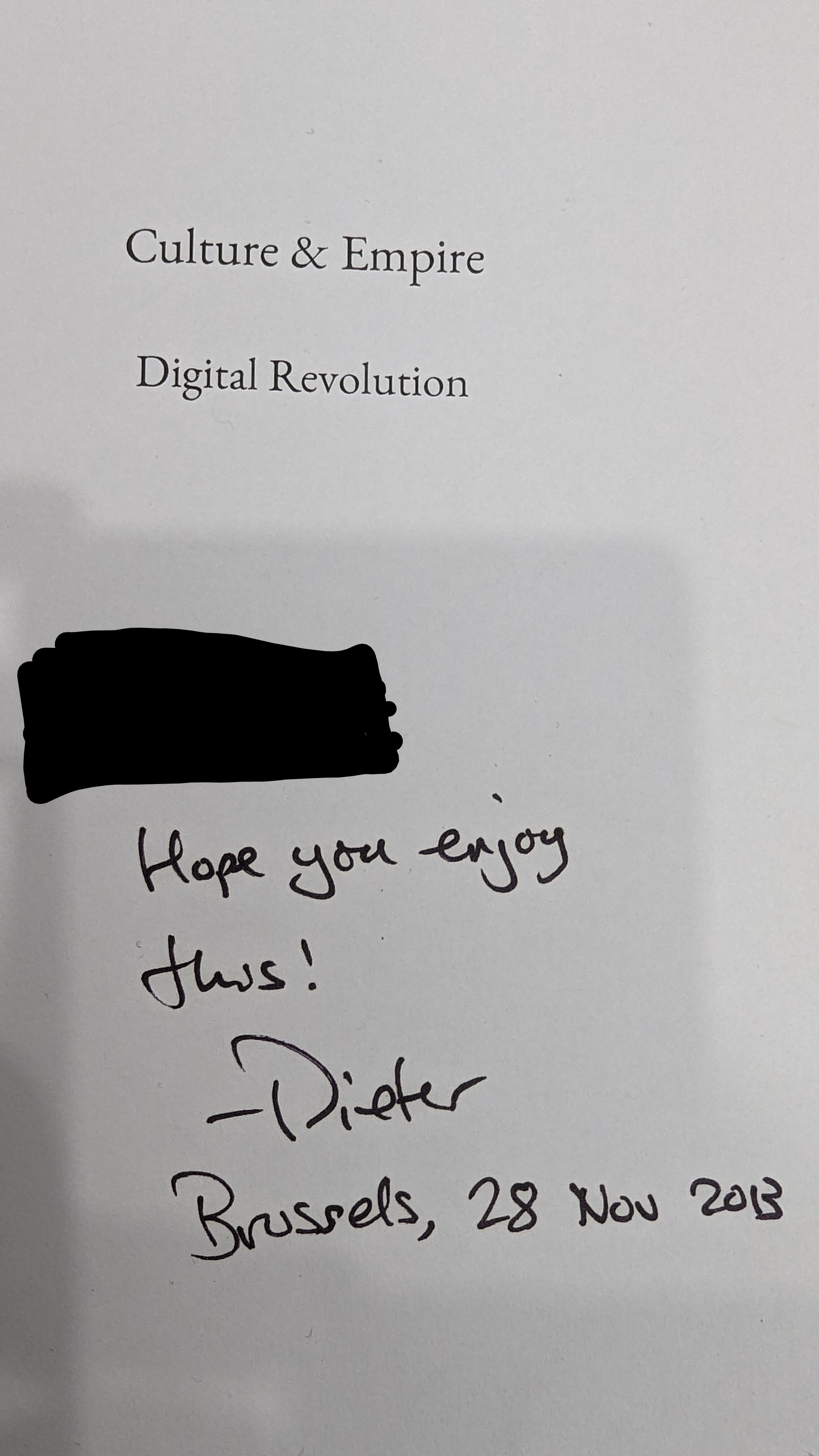

On new installs it does force you. I had to do it today (Windows 10). There are workaround such as attempting to log into a banned account, or other weird hacks involving disconnecting the internet and know the right combinations of hidden menus to navigate.





You could download a terminal app (termux from f-droid) and run
ls > file.txt. You would first want tocd(change directory) to the location you’re interested in. This will generate afile.txtwith the output ofls(list files command).